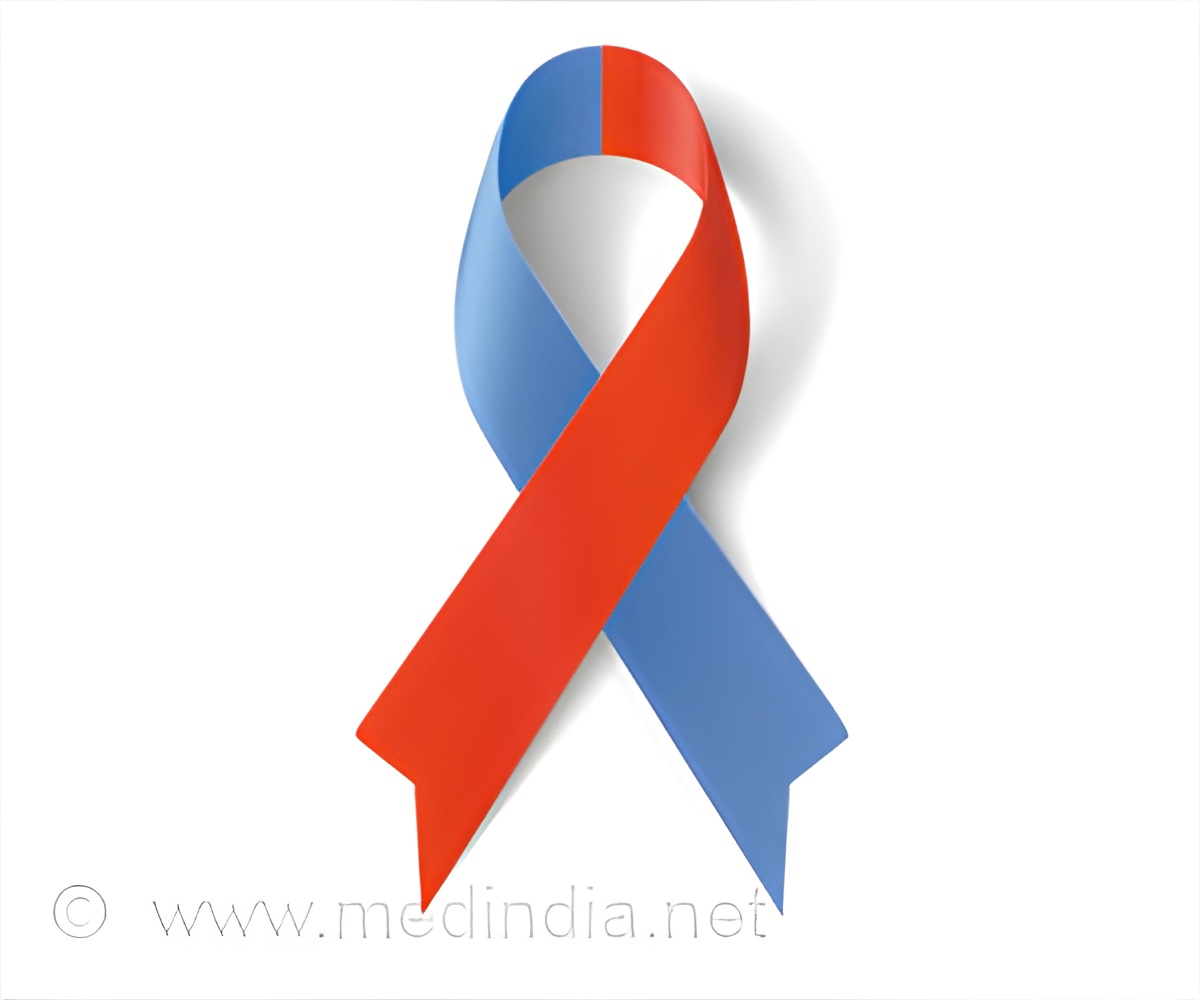The Congenital Heart Defect Awareness day is to raise awareness of congenital heart defect (CHD) which is actually the most common birth defect.

- Congenital Heart Defect Awareness Day is observed on the 14th of February.
- Congenital heart defect (CHD) is one of the most common birth defects.
- The day stresses on the need to increase awareness on CHD and funds for CHD research.
The purpose of the Congenital Heart Defect Awareness day is to increase research on the causes, early diagnosis and effective prevention strategies. Organ donation and a heart transplant can save lives and so awareness on the same has a vital role. The need for blood donations to save lives.
CHD Research
It is important to raise funds for CHD research to save lives of millions born with CHD. According to the Children’s Heart Foundation (CHF), for every dollar from the National Institute of Health, only a penny is provided for pediatric illnesses. From that penny, only a small portion is used to support CHD research.
Organ and Blood Donations
Congenital Heart Defect Awareness Day also aims to inform people about the support groups for families with children suffering from CHDs. Communities for CHD provide support for the families both financially and emotionally. The support groups help parents, children and other family members to reach out to others and help towards the journey of living with CHDs.
Congenital Heart Defect
- More than 35,000 babies in the US are born with CHD
- About 1 million people alive are born with a heart defect in the US
- In Australia, six babies are born with a heart defect.
- Approximately 32,000 children below 18 years are living with CHD in Australia
- Most of the newborns with CHD die before turning one.
- About 50% of the children with CHD require surgery to correct the defect.
- Women with CHD are eight times more likely to experience cardiovascular complications during pregnancy
Guidance should be offered for women with CHD with respect to healthy sexual development, cardiac-specific risk factors, including birth control, genetics, and the ability to safely carry a pregnancy.
Health care system should be changed to improve the public health outcomes for CHD patients by enabling health care professionals to evaluate health outcomes, establish standard care and look out for opportunities to improve treatment for CHD.
Reference:
- Congenital Heart Defects - (https://medlineplus.gov/congenitalheartdefects.html)
Source-Medindia












